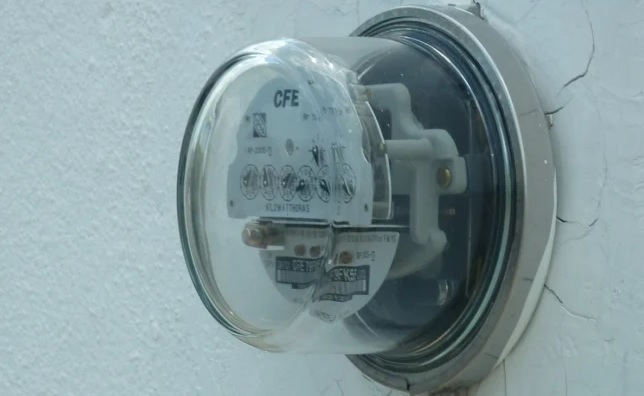The Federal Commission on Economic Competition (Cofece) issued a series of recommendations to the Ministry of Energy and regulatory bodies, considering that the agreement they issued to guarantee security will increase electricity rates, increase subsidies from the federal government and generate uncertainty in terms of investment.
A week after the National Center for Energy Control (Cenace) issued an agreement to indefinitely prevent the entry into operation of the new wind and photovoltaic plants, the Commission said that this decision is contrary to the competition process, in addition to not having technical justifications.
“They increase the electricity rates and the subsidies that the Federal Government grants to electricity tariffs. This is to the detriment of consumers and Mexican companies, ”said the Commission.
In addition to opening spaces “for discriminatory actions in favor of certain energy plants”.
This is because with the Agreement that Cenace issued, it moves to efficient energy generators to favor conventional generating plants that mostly belong to the Federal Electricity Commission (CFE).
If conventional plants come into operation this goes against article 108 of the Electricity Industry Law, which empowers Cenace to operate the Wholesale Electricity Market in conditions of competition, efficiency and not undue discrimination.
Last week Cenace issued an “Agreement to guarantee the efficiency, quality, reliability, continuity and security of the National Electric System, on the occasion of the re-recognition of the epidemic of disease due to the SARS-CoV2 virus (COVID-19)”, a decision that for Cofece they indefinitely exclude the participation of new wind or photovoltaic power plants.
For the Commission, there is no clarity about the time in which the participation of the new alternative energy plants will be prevented, “there are no clear and measurable criteria or parameters under which these tests can be resumed, which increases the uncertainty for the future investments in wind and solar generation projects ”.
Another of the situations of concern is that uncertainty is generated about the dispatch of alternative energy plants that operate in the market and that usually have lower production costs than conventional plants.
“This could imply, although it is not entirely clear, for wind and photovoltaic plants that they limit their dispatch in favor of conventional generating plants that currently have idle capacity available, such as those of the CFE,” the statement said.


